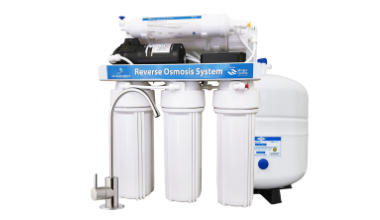Backup water storage is any method of storing additional water in case of a natural disaster or other emergency.
The ability to store enough water to sustain life during an emergency is essential, and many people have backup water depository systems in place to ensure that they are able to survive even the most catastrophic events. While there are many different methods of backup water storage, all of them have one common goal: to keep you and your family safe.

There are a few things you should remember when considering backup water storage: first, make sure your system can accommodate the amount of water you need; secondly, be sure to have a reliable way of pumping and distributing the water; and lastly, always have a backup plan in case your primary system fails.
When it comes to emergencies, having an emergency water storage tank ready and waiting is key. Having stored water on hand can help you cope with any potential disasters that might occur, such as a hurricane or flood.
If you are living in an area that is regularly subjected to natural disasters (e.g., hurricanes, earthquakes), it is important to have a backup water storage plan in place. FEMA recommends having enough water for three weeks in case of a disaster, and every household should at least store one gallon per person per day on hand. This way, even if the main water supply is disrupted or destroyed, you will still be able to survive until it can be replaced.